Pasta transcends borders, connecting cultures through shared love for this versatile dish. From Italy’s traditional spaghetti carbonara to Japan’s innovative ramen fusion, global pasta flavors offer endless culinary adventures. This comprehensive guide explores authentic recipes, regional variations, and cooking techniques that will transform your kitchen into an international pasta destination. Whether you’re a beginner cook or seasoned chef, these time-tested recipes and cultural insights will elevate your pasta-making skills. Join us on this flavorful journey across continents, discovering how different cultures have embraced and reimagined this beloved comfort food through unique ingredients, preparation methods, and serving traditions.
Italian Regional Pasta Specialties That Define Authentic Flavors
Italy remains the undisputed birthplace of pasta excellence, with each region contributing distinct flavors and techniques. Northern Italy favors rich, cream-based sauces like Alfredo from Rome and pesto from Liguria. These regions utilize fresh herbs, quality cheeses, and seasonal vegetables to create memorable dishes.
Southern Italy embraces tomato-based preparations with bold Mediterranean ingredients. Sicily’s pasta alla norma combines eggplant, tomatoes, and ricotta salata, while Calabria’s spicy ‘nduja adds fiery depth to simple spaghetti. Additionally, coastal regions incorporate fresh seafood, creating dishes like linguine alle vongole that showcase Italy’s maritime heritage.
Traditional Italian pasta recipes emphasize simplicity and quality ingredients. Each dish tells a story of local traditions, family recipes passed through generations, and seasonal availability. Therefore, understanding these regional differences helps home cooks appreciate authentic Italian pasta culture beyond basic spaghetti and meatballs.
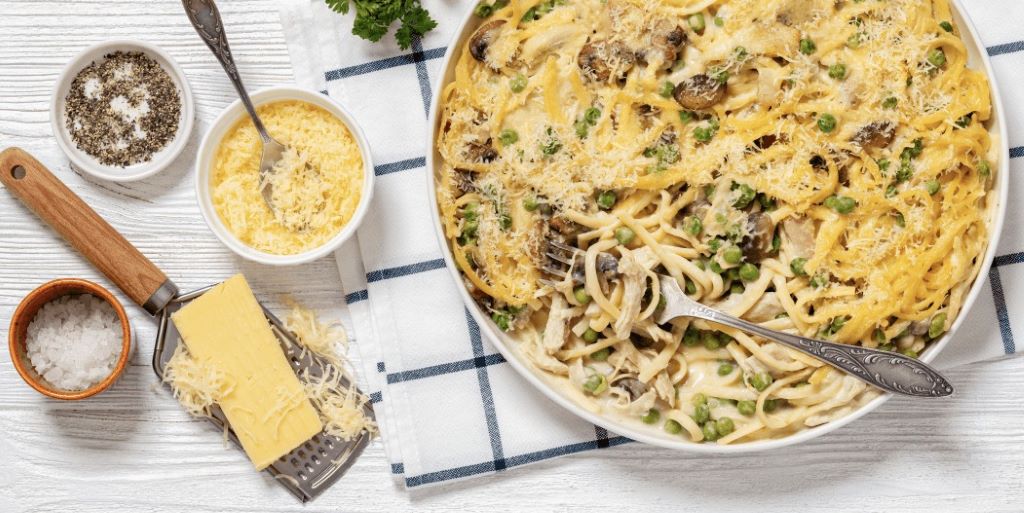
Asian Fusion Pasta Innovations: Creating Modern Culinary Experiences
Asian cuisines have revolutionized pasta through creative fusion approaches that blend Eastern flavors with Western techniques. Japanese ramen shops now serve pasta-inspired dishes using traditional noodle-making methods. Meanwhile, Thai restaurants incorporate coconut milk, lemongrass, and chilies into creamy pasta sauces.
Chinese stir-fry techniques transform pasta into quick, flavorful meals using soy sauce, ginger, and fresh vegetables. Korean kimchi pasta has gained international recognition, combining fermented cabbage’s tangy heat with creamy Italian-style preparations. Furthermore, Vietnamese pho-inspired pasta broths create comforting fusion dishes that satisfy both Asian and Italian cravings.
These innovations demonstrate pasta’s versatility as a canvas for global flavors. However, successful fusion requires understanding both culinary traditions to create harmonious combinations rather than conflicting tastes.
Mediterranean Pasta Dishes Showcasing Coastal Cooking Traditions
Mediterranean coastal regions have developed unique pasta traditions that celebrate fresh seafood, olive oil, and aromatic herbs. Greek pastitsio layers pasta with rich meat sauce and béchamel, creating a lasagna-like comfort dish. Spanish fideuà uses short pasta instead of rice, incorporating saffron and seafood for paella-inspired flavors.
Turkish manti represents pasta’s Middle Eastern interpretation, featuring small dumplings served with yogurt and garlic sauce. Additionally, Moroccan influences appear in pasta dishes featuring preserved lemons, olives, and tagine-inspired spice blends that create exotic Mediterranean fusion experiences.
These coastal traditions emphasize fresh, seasonal ingredients and simple preparation methods. The Mediterranean diet’s health benefits naturally complement pasta’s satisfying nature, creating nutritious meals that don’t compromise on flavor or cultural authenticity.
French Pasta Interpretations Elevating Classic European Cuisine
French culinary excellence extends to pasta preparations that showcase refined techniques and premium ingredients. Classic coq au vin flavors translate beautifully into pasta dishes, incorporating red wine reductions and pearl onions. French onion soup’s caramelized sweetness creates unique pasta sauces when combined with Gruyère cheese.
Provence’s herb-forward cooking style influences pasta dishes featuring lavender, thyme, and fresh tomatoes. Additionally, Normandy’s apple and cream traditions create unexpected sweet-savory pasta combinations that challenge conventional flavor expectations while maintaining French culinary sophistication.
French pasta preparations often feature complex sauce-making techniques learned in professional kitchens. Therefore, home cooks can apply these methods to elevate simple pasta dishes into restaurant-quality presentations that impress dinner guests.
Essential Cooking Techniques for Perfect International Pasta Results
Mastering global pasta flavors requires understanding fundamental cooking techniques that ensure consistent results. Proper pasta water salting creates the foundation for well-seasoned dishes. Additionally, pasta cooking times vary significantly between shapes and regional preferences, affecting final texture and sauce absorption.
Sauce preparation timing coordinates with pasta cooking to achieve optimal temperature and consistency. Italian techniques emphasize finishing pasta in the sauce pan, allowing starch to bind ingredients naturally. Furthermore, different pasta shapes complement specific sauces, with ridged varieties holding chunky preparations while smooth shapes suit oil-based mixtures.
Temperature control prevents overcooking and maintains pasta’s ideal al dente texture. However, some international preparations prefer softer textures that better absorb complex flavor profiles from ethnic spice blends and cooking methods.
Popular Global Pasta Recipe Collection for Home Cooks
Italian Classic: Spaghetti Carbonara
- 400g spaghetti
- 200g guanciale or pancetta
- 4 large eggs
- 100g Pecorino Romano cheese
- Black pepper to taste
Japanese Fusion: Miso Butter Udon
- 300g fresh udon noodles
- 2 tablespoons white miso paste
- 3 tablespoons butter
- 2 green onions, sliced
- Nori sheets for garnish
Thai Inspired: Coconut Curry Pasta
- 400g linguine
- 400ml coconut milk
- 2 tablespoons red curry paste
- 200g shrimp
- Fresh basil leaves
These recipes represent starting points for exploring international pasta flavors. Additionally, each recipe can be modified based on available ingredients and personal taste preferences while maintaining authentic flavor profiles.
Common Pasta Making Mistakes to Avoid for Better Results
Several frequent errors prevent home cooks from achieving restaurant-quality pasta dishes. Insufficient pasta water creates starchy, clumpy results that don’t hold sauces properly. Additionally, adding oil to pasta water prevents sauce adhesion, contrary to popular belief.
Overcooking pasta destroys texture and reduces nutritional value. However, undercooking creates unpleasant chewiness that detracts from overall dish enjoyment. Furthermore, rinsing cooked pasta removes beneficial starches needed for proper sauce binding.
Sauce temperature mismanagement causes ingredients to separate or become grainy. Therefore, maintaining proper heat levels throughout cooking ensures smooth, cohesive final presentations that showcase global pasta flavors effectively.
Nutritional Benefits of International Pasta Dishes and Healthy Variations
According to recent research by the Harvard School of Public Health, pasta consumption as part of Mediterranean diets correlates with reduced cardiovascular disease risk when prepared with healthy ingredients. Whole grain pasta varieties provide increased fiber content and sustained energy release compared to refined alternatives.
Vegetable-forward international pasta recipes increase micronutrient density while maintaining satisfying flavors. Additionally, lean protein additions from seafood and legumes create complete amino acid profiles that support muscle health and satiety.
Portion control remains important for maintaining pasta’s health benefits. However, the cultural emphasis on quality ingredients and mindful preparation found in traditional global recipes naturally promotes healthier eating habits than processed convenience foods.
Cultural Stories Behind Famous Pasta Dishes From Around the World
Every beloved pasta dish carries cultural significance that extends beyond mere nutrition. Spaghetti Bolognese represents Bologna’s agricultural heritage, combining local meat and dairy traditions. Additionally, pasta e fagioli reflects Italy’s peasant cooking wisdom, transforming simple beans into hearty, satisfying meals during difficult economic periods.
Personal experience reveals how food connects generations through shared recipes and cooking techniques. My grandmother’s Sunday pasta rituals taught patience, ingredient respect, and the importance of gathering family around shared meals. These traditions continue influencing modern pasta culture worldwide.
Immigration patterns spread pasta traditions globally, creating fusion dishes that reflect cultural adaptation and creativity. Therefore, understanding these stories enhances appreciation for international pasta variations beyond simple recipe following.
Seasonal Pasta Ingredient Combinations for Year-Round Variety
Spring pasta dishes celebrate fresh asparagus, peas, and early herbs that provide vibrant colors and delicate flavors. Summer preparations feature ripe tomatoes, zucchini, and fresh basil that capture warm weather’s abundance. Additionally, light olive oil-based sauces complement seasonal produce without overwhelming natural flavors.
Fall ingredients like butternut squash, mushrooms, and sage create warming comfort dishes that transition from summer’s lightness. Winter pasta recipes incorporate root vegetables, preserved meats, and rich cheeses that provide necessary calories and satisfaction during colder months.
Seasonal cooking ensures optimal ingredient quality while supporting local agriculture and reducing environmental impact. Furthermore, rotating seasonal menus prevents pasta fatigue by introducing regular variety into weekly meal planning.
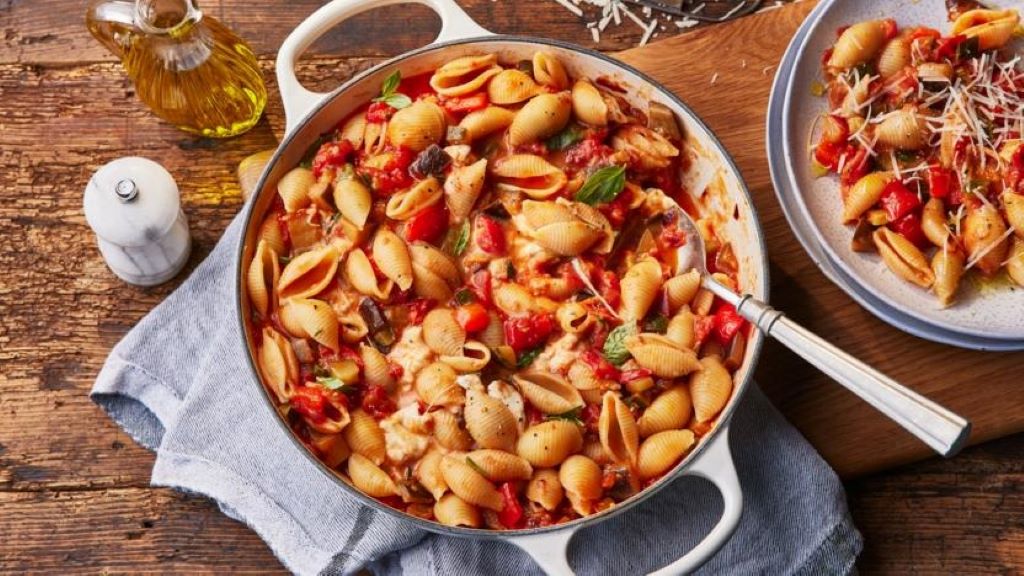
Advanced Tips for Pairing Wines With Global Pasta Flavors
Wine pairing enhances pasta dining experiences by complementing and contrasting flavors appropriately. Light, acidic wines like Pinot Grigio pair excellently with seafood pasta dishes, while bold Chianti complements rich meat sauces. Additionally, sparkling wines provide palate-cleansing qualities that work well with creamy preparations.
Regional wine matching creates authentic cultural experiences that honor traditional food and beverage combinations. Italian wines naturally complement Italian pasta dishes, while French wines enhance French-inspired preparations. However, experimental pairings can create surprising and delightful flavor discoveries.
Temperature serving considerations affect both wine and pasta enjoyment. Therefore, coordinating serving temperatures ensures optimal flavor expression and dining satisfaction throughout the meal experience.
Building Your International Pasta Pantry for Authentic Results
Essential pantry ingredients enable spontaneous international pasta creation without frequent shopping trips. High-quality olive oils, aged cheeses, and dried herbs form the foundation for most Mediterranean preparations. Additionally, Asian pantry staples like miso paste, soy sauce, and sesame oil enable fusion experimentation.
Specialty pasta shapes expand creative possibilities beyond standard spaghetti and penne varieties. Furthermore, canned tomatoes, dried mushrooms, and quality vinegars provide depth and complexity to simple sauce preparations throughout the year.
Storage techniques preserve ingredient quality and prevent waste while maintaining readiness for impromptu cooking sessions. Therefore, proper pantry organization supports consistent results across diverse international pasta recipes.
FAQs
What makes pasta authentically Italian versus fusion cuisine?
Authentic Italian pasta emphasizes simplicity, quality ingredients, and regional traditions passed through generations. Fusion cuisine creatively combines Italian techniques with international flavors and ingredients.
How do I prevent pasta from becoming mushy when cooking?
Use plenty of salted boiling water, follow package timing instructions, and test frequently near completion. Additionally, reserve pasta water before draining to adjust sauce consistency.
Can I substitute different pasta shapes in international recipes?
Yes, but consider sauce compatibility. Ridged shapes hold chunky sauces better, while smooth varieties work well with oil-based preparations and light sauces.
What are the healthiest pasta options for international dishes?
Whole grain pasta, legume-based alternatives, and vegetable-forward preparations provide increased nutrition while maintaining authentic flavors and satisfying textures.
How do I store leftover pasta dishes properly?
Refrigerate within two hours in airtight containers for up to three days. Additionally, separate sauce from pasta when possible to prevent over-softening during storage.
Conclusion
Global pasta flavors represent humanity’s creative adaptation of simple ingredients into extraordinary culinary experiences. From Italy’s time-honored traditions to innovative Asian fusion creations, pasta continues evolving while maintaining its comforting essence. These international recipes and techniques provide endless opportunities for home cooks to explore diverse cultures through food. Related Topics: Fruit-Infused Pasta: The Sweet Revolution Transforming Your Smart Pasta Maker Experience
Mastering various preparation methods and understanding cultural contexts enriches every pasta dish beyond basic nutrition. Additionally, seasonal ingredient awareness and proper cooking techniques ensure consistent, restaurant-quality results that satisfy both family meals and entertaining occasions.
Start your international pasta journey today by selecting one new recipe from this guide. Share your cooking experiences and favorite global pasta flavors in the comments below. Don’t forget to share this comprehensive guide with fellow food enthusiasts who appreciate authentic, culturally-inspired cooking adventures.

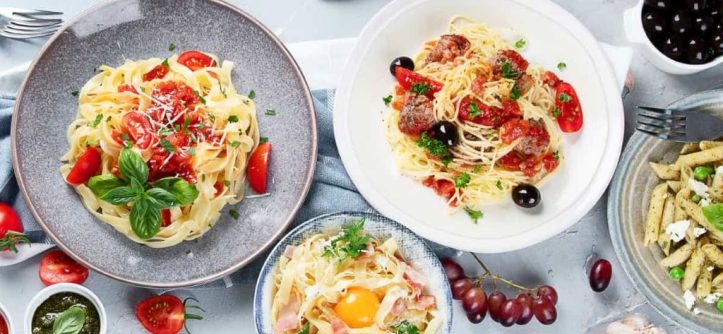
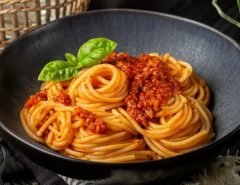
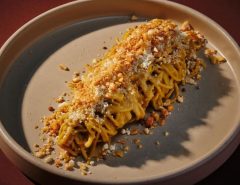
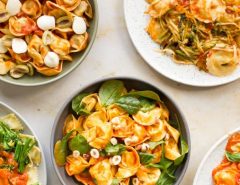
Leave a Reply